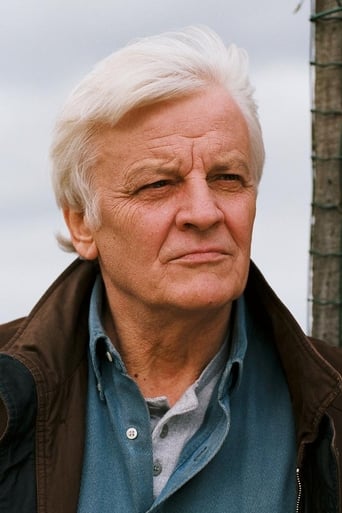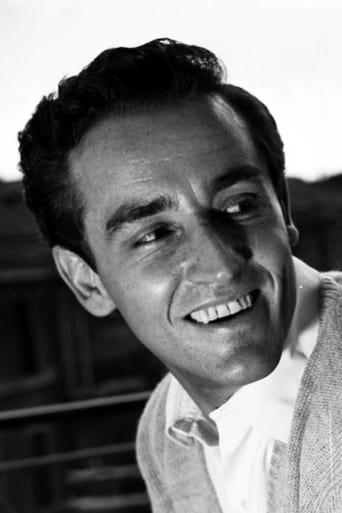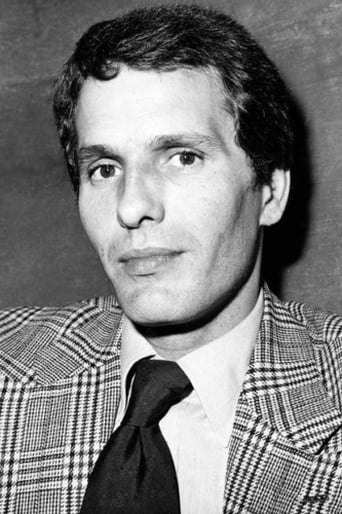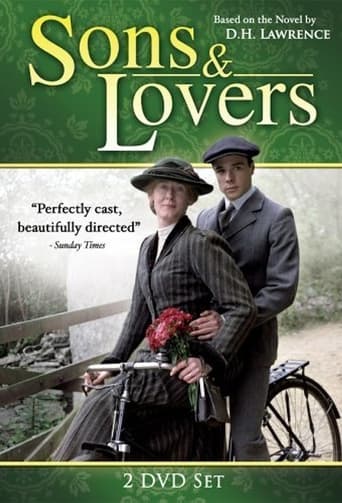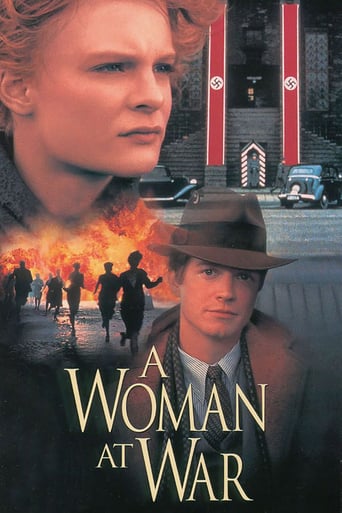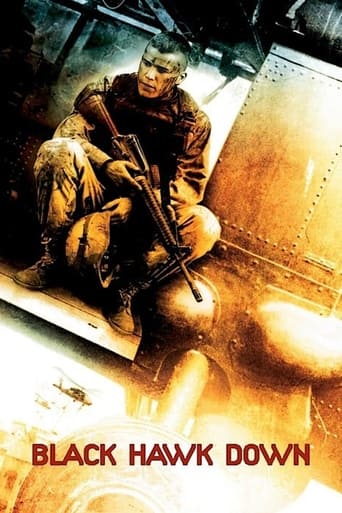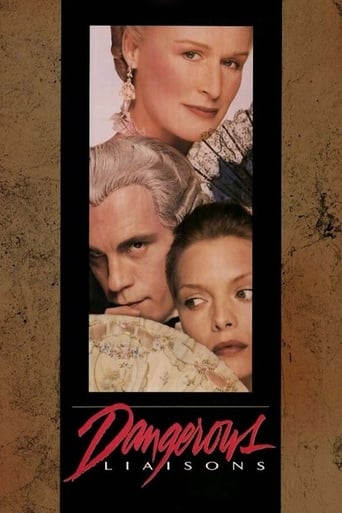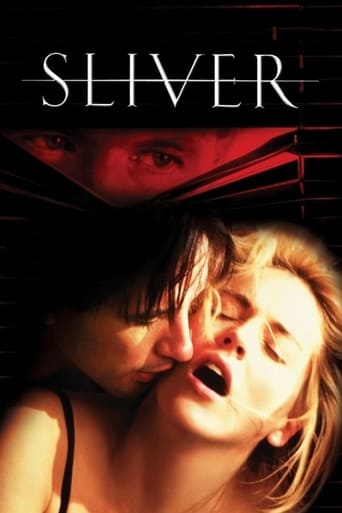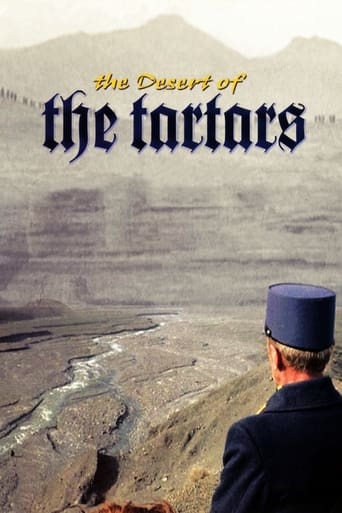
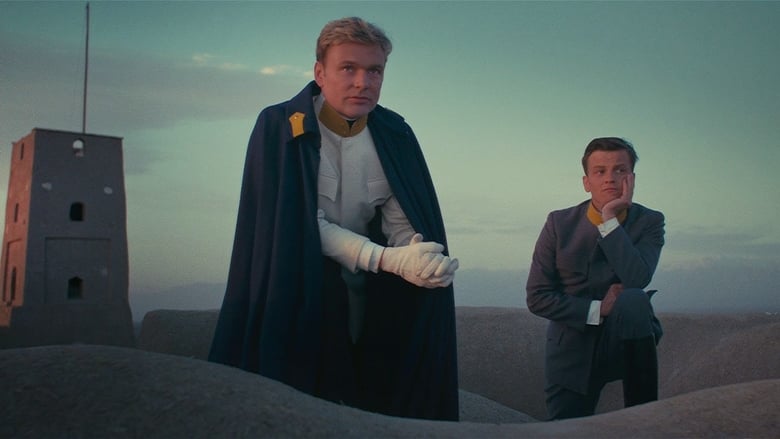
The Desert of the Tartars (1976)
Lieutenant Giovanni Drogo is assigned to the old Bastiani border fortress where he expects an imminent attack by nomadic fearsome Tartars.
Watch Trailer
Cast


Similar titles
Reviews
Hollywood tends to make films about what happens "outside" a person, about action, about guns and explosions, and about rapid-fire cutting and dialog; many European filmmakers do just the opposite and develop "interior" stories, about what goes on inside a person's mind, about how their actions are driven by their environment; the environment in this little-known but complex desert epic is an ancient fort built on the edge of two countries where nothing much seems to happen, but where the inhabitants wait...and wait...and where a new officer arrives hoping to make his mark. Many folks will find the lack of direct action frustrating, as this is a character study more than anything else--but what characters! And what an outstanding group of actors--and subtle music by Ennio Morricone--and some fascinating cinematography.
This is the first Valerio Zurlini film I have watched and, ironically, it was his last (and arguably most ambitious) undertaking but which can hold its own alongside its contemporaries among the classics of World Cinema; for the record, I also own THE GIRLS OF SAN FREDIANO (1954) and THE CAMP FOLLOWERS (1965) on VHS and had erased GIRL WITH A SUITCASE (1960) - without even watching it! - in anticipation of its 2-Disc Set release by No Shame (which incorporates Zurlini's VIOLENT SUMMER [1959]).Anyhow, THE DESERT OF THE TARTARS is practically an intellectual, existentialist version of "Beau Geste" in which very little actually happens during its 2½ hour running-time (and, thus, may seem boring to the uninitiated) but, for more adventurous film fans, however, it's a mesmerizing and truly evocative experience with a strong anti-war statement to make. Unsurprisingly perhaps, it is hardly ever shown on Italian TV - with the most recent occasion being on the very last day of my 3-month stay in Hollywood late last year, which meant that I had to miss it (although I was already aware of No Shame's 2-Disc Set, which was released around the same time).The cast is made up of a once-in-a-lifetime roster of international film stars: Vittorio Gassman, Giuliano Gemma, Helmut Griem, Philippe Noiret (who died last week, alas), Jacques Perrin (who has the lead role and also did duty as one of the producers), Francisco Rabal, Fernando Rey, Laurent Terzieff, Jean-Louis Trintignant and Max von Sydow! Incredibly, it's Gemma who stands out in a rare villainous turn as the sadistic Major - though Max von Sydow as the disgraced Captain and Vittorio Gassman as the ageing Commander of the Fort are quietly impressive in their own way. While the first half is deliberately-paced, eliciting its own particular ambiance and etching all the various characters, by comparison, the latter stages are somewhat rushed - as the years fly by and the fort changes its command several times, so as to bring the story to its main theme - that of the remote company, seen constantly drilling in the hope of an attack by enemy forces which, when it finally arrives, they seem incapable of dealing with adequately! The beautiful cinematography of the splendid Iranian desert location (with the interiors filmed in Rome) is by Luciano Tovoli and Ennio Morricone's score, rendered in its entirety on the CD found in No Shame's SE DVD, is suitably majestic and melancholic. The supplements, then, aren't prolific but quite nicely done nevertheless - though only Tovoli's 35-minute interview goes into any real detail about the making of the film (and even that includes copious references to his collaborations with other Italian masters such as Michelangelo Antonioni and Dario Argento).
Excellent, haunting movie, with great actors, but it falls short of the book. This I suspect often happens when reading a book before seeing the film. The book, the Desert of the Tartars by Dino Buzzati is an allegory for a man life and destiny. A man's hope to greatness, to glory, to accomplish great deeds. But as time passes, greatness is never attained, glory never achieved. Most of us us settle down in our routine. Drogo full of youth and enthusiasm set up for Fort Bastiano, the fortress protecting the border of his country. With the passing of time the precise, monotonous routine in the fortress becomes his life. He returns to the city and to his fiancé, but the city life does not please him. This part of the book is never shown in the movie. He returns to the fortress with hope of greatness if the Tartars ever attack and the star of glory to defend his country will shine upon him. Time inexorably goes by. Rumors of sights of Tartars prowling in the desert below are just rumors. Drogo is, we are getting older. His health starts to fail. But there is still hope in his hearth that the enemy may come. Then suddenly the enemy comes. The Tartars are invading, the desert under Fort Bastiano is full of them, the war has started, and while Drogo is carried away a young inexperienced officer coming from the city will have the honor and the glory of defending his country. Drogo's carriage is taking him to the city below where the greatest of all Enemies is awaiting for him.
A film over two hours long set in a remote desert fort, with an all male cast and no action, may seem a daunting prospect, however THE DESERT OF THE TARTARS is a strikingly memorable experience. The characters are full of suppressed emotion and inner turmoil, the strange surrealistic fort a metaphor of their spiritual imprisonment, and the huge expanse of surrounding desert a tangent reminder, day by day, and year by year, of their fears and lost aspirations.Time passes imperceptibly, and our dashing young lieutenant, played by Jacques Perrin and surrounded by a stellar male cast, ages and weakens as the desert and the constraints of life in the fort strips away his physical strength and inner resolve. He yearns to free himself of the debilitating fort's influence, but finds himself transfixed by the mystical challenges of the landscape, and the perceived danger from the unseen enemy beyond.The dust of the desert, the artificiality of the military life within the walls of the fort, the rituals and uniforms, the unspoken fears, the friendships and animosities between brother officers, the authority that seldom explains it's decisions, the half-recalled memories of a former life, and the ever present foreboding created by the shadows of the desert, shadows that sometimes give rise to visions of a lurking threat that may, or may not, be hidden in those shadows.Exemplary colour widescreen photography is aided immeasurably by the haunting themes written by Ennio Moricone, and at the disquieting and ominous conclusion of the film, we are indeed completely mesmerized by an impressionistic, visionary spectacle that will haunt us for a long time after the final credits roll.


